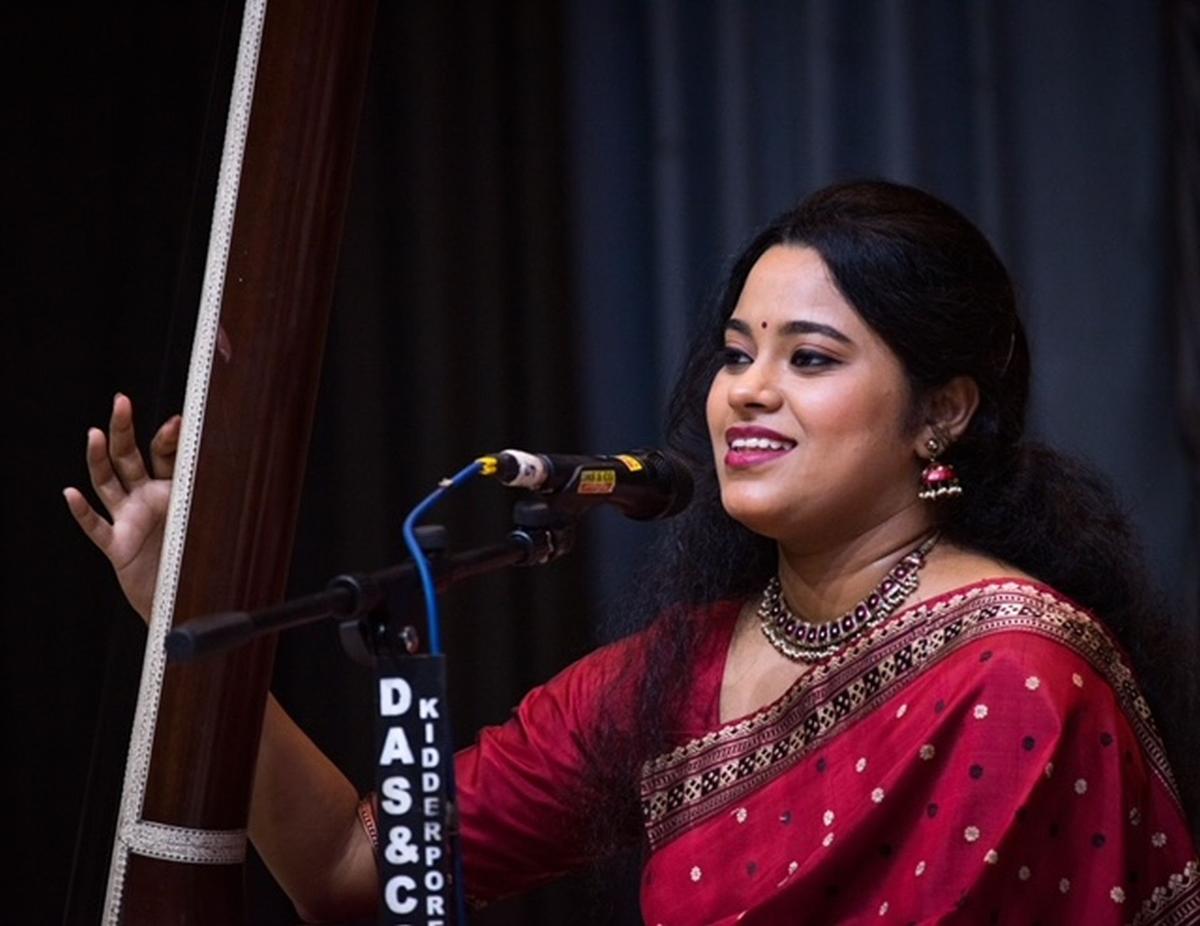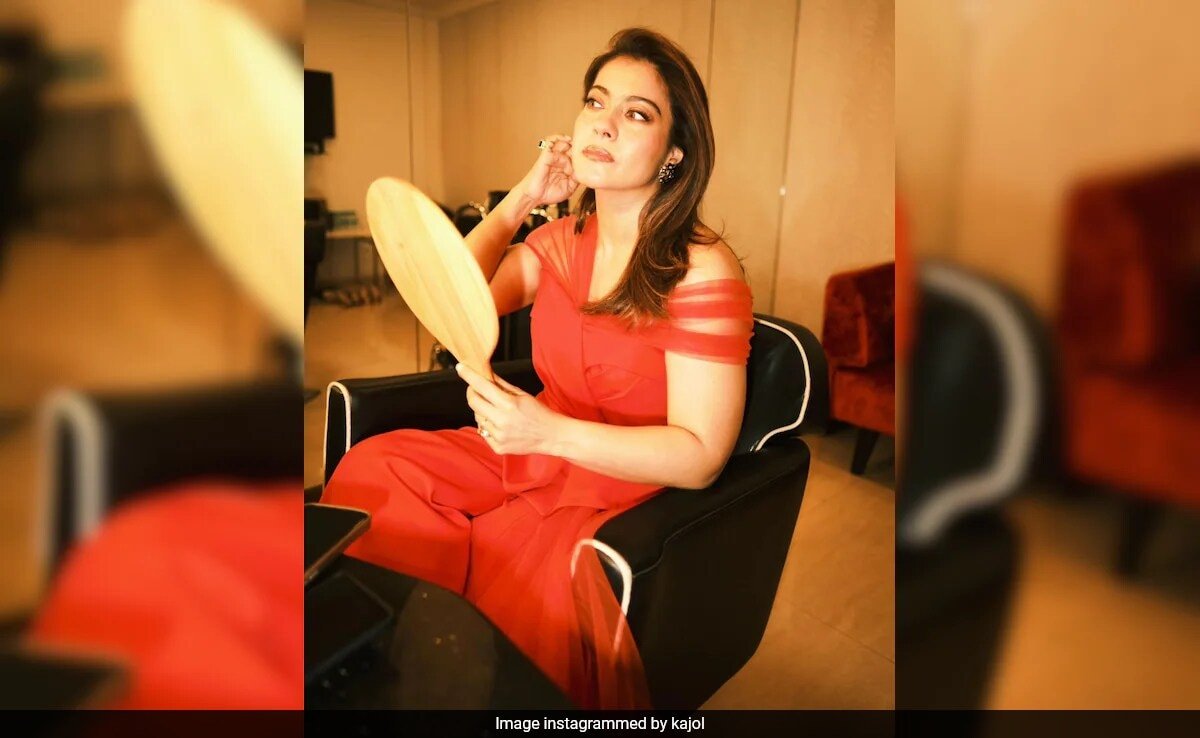Sursagar, in association with ITC Sangeet Research Academy, Alliance Francaise and supported by Canara Union, will present Hindustani Raagdhaari Sangeet featuring sitarist Partha Chatterjee and Medha Basu.
“I am coming to present traditional music from the repertoire of Hindustani in its pure classical form, and yet aim to entertain people in Bengaluru,” says 74-year-old Partha over phone from his home in Kolkata.
There are so many genres of popular music, like film songs or ghazals, Partha says. “These are easily accessible. Classical music, on the other hand, requires listeners to have knowledge of the genre. It is a tough genre for a musician to get the audience integrated with your thoughts and feelings while on stage. Yet, classical music has its own vitality as it has survived thousands of years and will last for many more thousand of years.”
Classical music is the ultimate path for music, Partha says. “It will survive despite the challenges it faces. When I started as an artist, opportunities were way lesser, unlike today where opportunities and concerts are plentiful. Musicians use social media platforms to promote their music.”
Partha’s journey into music was organic. “Music was in the family. My mother Rama Chatterjee is a singer and a regular artiste on All India Radio and Doordarshan, while my late father, Prabir Kumar Chatterjee, introduced me to the sitar and also sent me to be trained from the guru, Nikhil Banerjee. Post this, Ali Akbar Khan, took me under his tutelage and I also trained from Buddhadev Dasgupta.”
Partha is currently a visiting faculty at the Ali Akbar College of Music and a guru of ITC SRA since 2011. He has performed at prestigious music festivals like Festival of India (Basel, Switzerland), Broadway Theatre (New York) besides working with the Indian Council for Cultural Relations (ICCR), Government of India, as a musical ambassador.

Before deciding on the sitar, Partha says he took to singing. “I accompanied my mother and played the tabla for her concerts. Unconsciously I imbibe all the bandishes and the ragas. I did not plan on playing the sitar, though my father was a sitar player. One day he brought a sitar into the house and handed it to me and I was enamoured by the instrument. I would listen to many sitar players on the radio in those days.”
Kolkata is the hub for instrumental music, Partha says. “Many instrumentalists, including my gurus, who are stalwarts of classical music, are from Kolkata. Pt. Ravi Shankar, though not from Kolkata, was a Bengali. There was a time when the culture of sitar, sarod and tabla peaked in Kolkata.”
In south India, Partha says, families followed the traditional approach of promoting classical music by inviting teachers to their homes to teach. “Even housewives would learn music. This tradition was strong in Maharashtra too.”
Medha, with whom Partha would be performing is a scholar at the ITC Sangeet Research Academy, Kolkata. “She is a talented musician training under Ajoy Chakrabarty and Brajeswar Mukherjee since 2017. These concerts are organised to promote younger talents alongside seasoned musicians. We want her voice also to be heard.”
Partha is the winner of the BasundharaAward (2012) by Mysore Gayana Sabha, Pandit Puttaraj Gawai National Award (2013), Jadu Bhatta Award, Alauddin Khan Puraskar in Instrumental Music by Government of West Bengal (2023). Performing in Bengaluru is not new to Partha. He has performed twice, in the 90s, including at Max Mueller Bhavan.
Medha is a recipient of the National Scholarship for Hindustani Classical Music from the Ministry of Culture, Government of India and is also pursuing a doctoral thesis in Physics on musical neurocognition from Jadavpur University.
The evening will feature a vocal recital by Medha, followed by a sitar recital by Partha. The duo will be accompanied by Bivash Sanghai and Udayraj Karpur on tabla and Satish Kolli on harmonium.
The concert, at Canara Union, Malleswaram, on August 3, 6pm, is open to all.




